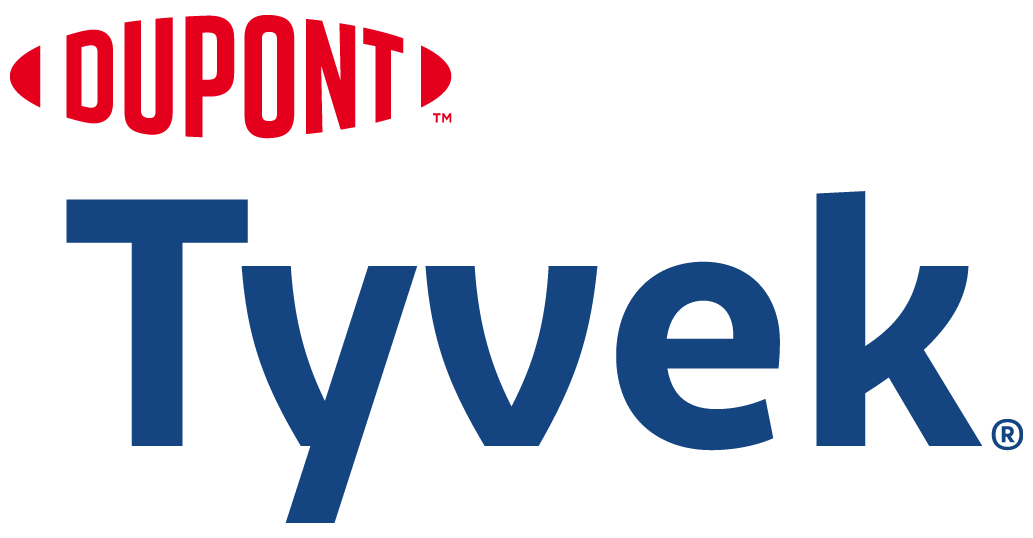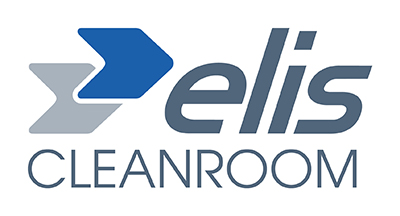Companies operating within the cleanroom sector have been looking to expand their product ranges, increase distribution capabilities and grow their market share for 2017. UK businesses were a particularly attractive option given Britain’s decision to leave the EU, which has weighed on the pound, making company valuations more attractive. Furthermore, the healthcare industry has been driving business activity within the cleanroom market because of the need to maintain contamination-free environments for the manufacture of medical devices and drugs.
One of the most active and significant companies on the acquisition front was VWR, which provides product and service solutions to the laboratory industry. Building on its service offering, in March, the company acquired EPL Archives, an international biorepository services organisation, and then in April, acquired MESM, a provider of laboratory/medical equipment and ancillary supplies to clinical trials. Both deals complemented VWR’s business VWRCATALYST by providing additional services such as: non-clinical archiving, clinical biorepository and bio banking, regulated data management, manufacturing material storage and specialised logistics and support services to achieve full end-to-end product solutions, benefiting many existing VWR customers.
Continuing its growth ambitions, in May, VWR and Avantor — a global supplier of ultra-high purity materials for the life sciences and advanced technology industries — entered into an agreement in which Avantor bought VWR for US $33.25 in cash per share. The transaction reflected an estimated enterprise value of $6.4 billion, hence was one of the biggest cleanroom sector deals of 2017. The acquisition created mutual benefits for both companies, capitalising on Avantor’s cGMP manufacturing processes and its significant exposure to emerging markets, along with VWR’s distribution capabilities across the Americas and Europe. The deal created a major global consumable and services provider to the life sciences and technology industries, as well as education, government and research institutions.
Further building on VWR’s successful growth of VWRCATALYST, the company opened a new kitting center in Skalice, Czech Republic at the start of the year. The 35,000 ft2 facility supported the growing business of Therapak which VWR acquired in 2016. Therapak supplies pre-packaged convenience kits and procedure packs for the clinical trial, pharmaceutical and clinical laboratories, and therefore complements the service offerings of VWRCATALYST. The facility is in proximity to major industrial freight carrier hubs boosting VWRCATALYST’s regional and global reach.



